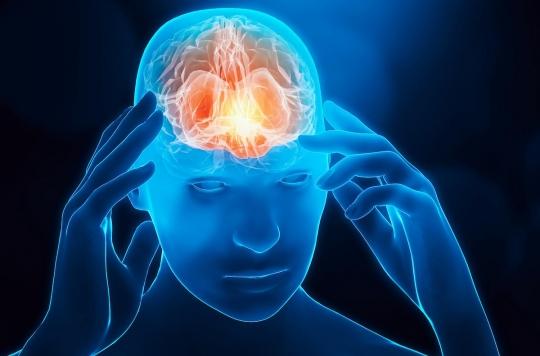The brain would not make a decision until one is aware of it, providing an argument for the idea of free will.

- Studies conducted in the 60s and 80s claimed that our brain decides our actions before we are aware of them.
- This new research affirms that if the project of decision is formed well before any consciousness, its concretization takes place only after the awareness.
The question of free will has animated philosophers and neuroscientists, among other researchers, almost always. Experiments measuring brain signals, conducted between the 1960s and 1980s, led many neuroscientists to believe that our brains make decisions before we are aware of them and that human actions are initiated by electrical waves that do not do not reflect free and conscious thought. New research, published April 27 in the journal Trends in Cognitive Sciencesupports another point of view that gives meaning to the notion of free will.
Benjamin Libet’s Theory of Readiness Potential
“This new perspective on the data shakes up how well-known findings have been interpretedsays Adina Roskies, professor of philosophy at Dartmouth College, who co-wrote the scientific article. The new interpretation accounts for the data while undermining any reason to think it defies free will.” The data previously used by researchers to defend the thesis of absence of free will is based on measurements by electroencephalograms of study of brain activity.
This research aimed to measure when electrical signals begin to form in the brain relative to when a person is aware of their desire for action. The results showed that these signals, dubbed “readiness potential”, are formed before awareness. A movement of thought, notably supported by the neurophysiologist Benjamin Libet, then formed and is based on the fact that if the potential for readiness occurs before a person has a conscious thought to move, free will could not be responsible neither for the accumulation of electrical signals nor for the subsequent movement.
A movement is not decided before awareness
The new study brings results which, according to the researchers, make it possible to affirm that this part of the logic defended in particular by Benjamin Libet is based on an idea which is probably false. “Because mean readiness potential reliably precedes voluntary movement, people have assumed that it reflects a process specifically intended to produce that movement. It turns out, and as our model showed, this is not necessarily the case”, estimates Aaron Schurger, professor of psychology at Chapman University and another co-author of the study.
The researchers used computer modeling to study the decision-making process. This highlights results that suggest that readiness potential, which we recall refers to the accumulation of brain activity prior to movement, reflects neural activity that indicates the formation of a decision to move but does not does not reflect the final outcome of the move decision. “The readiness potential itself is a kind of artifact or illusion”, adds Adina Roskies.
New challenges to face
In addition, the study highlights several gray areas that future experiments will have to shed light on the idea that the potential for preparation pushes humans to act. These are the difficulty in distinguishing readiness potential from other electrical signals in the brain, the presence of readiness potential when tasks do not involve motor activity, and the presence of “noise ” in the analyzes which makes it difficult to confirm whether the readiness potential always predicts the movement.
False positives, in which readiness potential is observed but fails to initiate movement, and inconsistencies in the amount of time between brainwave accumulation and movement also complicate understanding the connection between activity electricity in the brain and free will.
.















